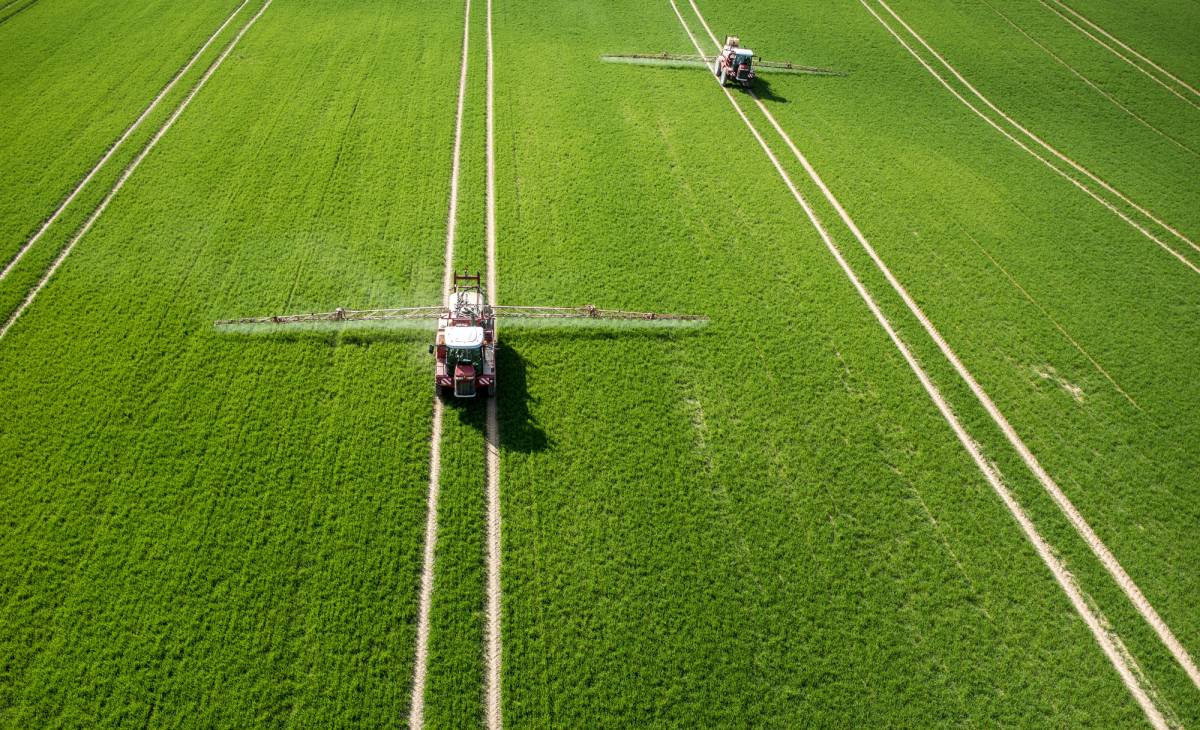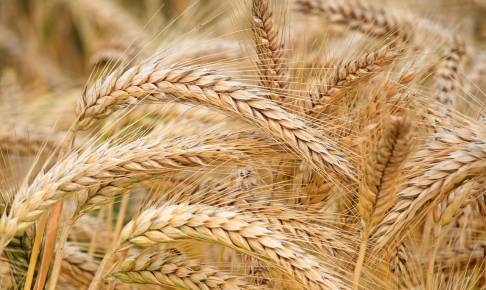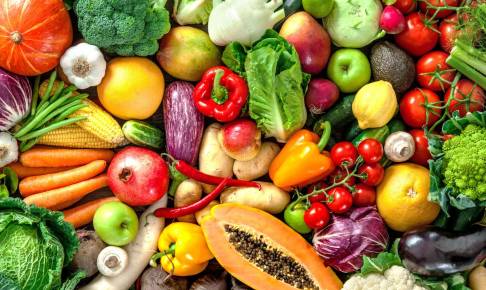ACN Annual Report: pesticides have been the most notified hazard in 2021 in EU
The European Commission has recently released its annual report of all the information shared in 2021 within the Alert and Cooperation Network (ACN), to which the Rapid Alert System for Food and Feed network (RASFF), the Administrative Assistance and Cooperation network (AAC) and the Agri-Food Fraud Network (FFN) belong.
In 2021, 4 607 notifications were transmitted through RASFF (4 102 concerning food, 236 feed, and 269 food contact material), supplemented by 19 064 follow-up notifications. One-third of original notifications were alerts (1 455) and one-third were border rejection notifications (1 457).
The notifications about products found on the market (not rejected at the borders) originated from official controls represent almost half of the cases, followed by companies' own checks (39%), while consumer complaints accounted only for 4% of cases.
In the course of 2021, Germany, Spain and the Netherlands have been the most active member states, followed by Belgium, Italy and Poland.
Regarding the origin of the products, Poland was the first European country with 381 notifications, Turkey was the most notified non-member country with 613 notifications, followed by India (383), and China (331, with almost half of the notifications concerning food contact materials).
Pesticides have been - for the first time in its history - the most important hazard notified, with 1 231 notifications, representing an increase of 61% in comparison with 2020 and more than quadruplicated in comparison with 2019. Many notifications were related to pesticides for which the European Union has recently repealed the authorization for the EU market (chlorpyrifos and chlorpyrifos-methyl).
The unauthorized substance ethylene oxide still represented a challenge for the system, with 468 RASFF notifications transmitted.
Pathogenic microorganisms remain a very important hazard category, with 863 notifications, three-quarters of which were due to the presence of Salmonella.
The presence of mycotoxins in food represents the third most notified hazard category (450 cases, mainly related to aflatoxins in nuts found at border controls).
The other most frequently notified food hazard categories in 2021 were allergens (198 notifications), food additives and flavourings (176 notifications) and composition (151) mainly related to the presence of unauthorized substances in food supplements (95).
E-commerce is becoming more and more important, as well as the necessity to be able to identify the threats associated with this difficult-to-control part of the agri-food chain. In 2021, a total of 281 RASFF notifications related to e-commerce were reported, and half of them concerned dietetic foods, food supplements and fortified foods, followed by food contact materials (largely due to the launch of an EU Enforcement Action in May on non-authorised Food Contact Materials containing bamboo ‘powder’; preliminary data show that almost 90% of these illegal products are sold online).
During the years 2020 and 2021, several EU countries have carried out a special action aimed at combating the illegal introduction of horse meat into the food chain. The phenomenon is still ongoing, but it has been stopped in many countries.
In line with the previous year, notifications regarding feed accounted for ca. 5% of the total number of notifications. Most of these notifications were the result of a company’s own checks, followed by official controls on the market, and border controls.
Source:
https://food.ec.europa.eu/system/files/2022-07/acn_annual-report_2021-final.pdf






















